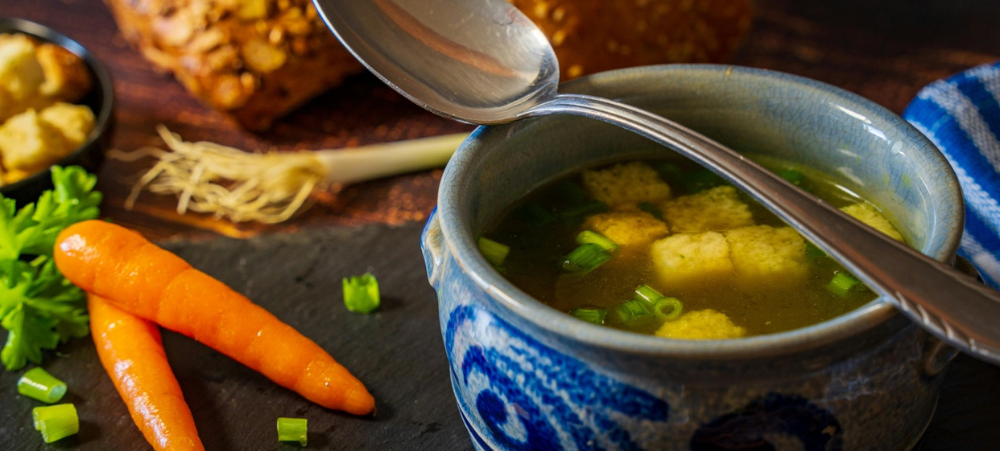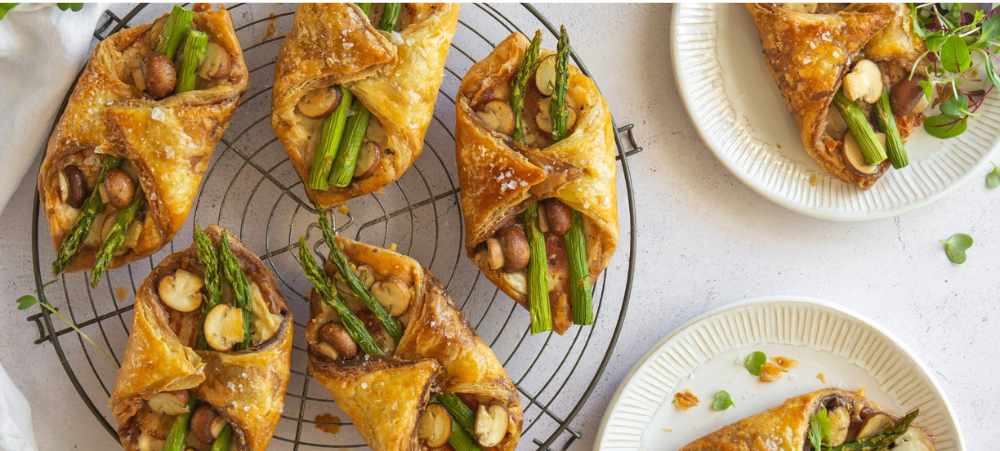The worst part of a holiday trip isn’t the packing before the holiday or the large crowds – it is the price your diet pays. As much as we look forward to a holiday, many of us fear enjoying it too much – and piling on the kilograms. It is no coincidence that when holidays get under way, your diet takes a nosedive. But is not just stress associated with travelling or the temptation and treats that take their toll on you. There seems to be the assumption that when you travel, you can’t eat healthily, so subsequently you don’t even make an attempt to.
However, the correct foods can help ward off road rage, prevent jet lag and give you the energy to deal with your family when you finally get where you are going. You will also feel healthier, more alert, and have more fun once you reach your destination. Typical freeway fare includes fast food, microwave-ready service station options, pies, bags of chips, chocolate bars and lots of fizzy drinks. These foods are almost always full of bad fats, lots of calories and not much valuable nutrition. With a little bit of effort and willpower, you can navigate your way around the junk food and maintain your healthy diet while on a long road trip. Follow this guide to help you stay on the straight and narrow. Keep on reading to help you make the right food choices on the go.
Breakfast on the run
Always start your day of travelling with breakfast. Tempted to hit the Wimpy? Not so fast – beware of hidden fats and kilojoules – you also want avoid excess sugar. High carbohydrate meals e.g. restaurant or coffee shop muffins may improve your mood for a short time, but lots of sugar can also make you sleepy – which isn’t good if you are the driver.
Your best bet is to look for lean protein. A protein rich breakfast can help increase the feeling of fullness and reduce cravings later in the day. Seed loaf or wholewheat toast with eggs is a good choice. Health bread or wholewheat bread contains a fraction of the kilojoules found in croissants or bagels. Rather choose ham over sausage or bacon (both are very high in artery-clogging saturated fat). Breakfast wraps are a good choice, but do avoid wraps that has words like loaded, meaty or cheesy in its name on the menu or packaging description.
A common mistake people make is drinking a smoothie with their breakfast instead of drinking the smoothie as their meal. Smoothies are often high in kilojoules and high in sugar. Pick a smoothie that is made with fat-free yoghurt instead of ice cream and avoid ingredients such as fruit syrups. Skip Granola and fruit mix, despite its health reputation, granola contains more than 2000kJ (476kcal) and 30g fat per cup! It is often further loaded with dried fruit that sends the sugar content further through the roof (not to mention your blood sugar). If you do have time, it is best to prepare yummy “padkos” yourself. See below for ideas.
Lunch on the go
Tired of hearing…… How far yet? Now you also have to start thinking about lunch. If you weren’t organised enough to pack lunch, then it means hitting the one-stop along the freeway or the restaurant at the airport. Options such as grilled chicken sandwiches or wraps are a good idea, as long as they’re not loaded with cheese or sauces such as mayonnaise. Caution with pre-prepared salads – they are often drenched in salad dressings loaded with kilojoules, saturated fat and salt. All the salt is sure to make you feel uncomfortable and bloated in an already cramped car or airline seat. Sushi is another healthy alternative that contains healthy fats as well as omega-3 fatty acids. If you choose a burger, try to give the chips on the side a skip. A typical serving of chips provides you with 2310kJ (550kcal) and 20g fat – this is half of the typical amount of energy most women need in a day.
Snack on the road
The petrol gauge’s needle is edging towards empty…… and so is your tummy! You stop at a petrol station to fill up and inside the shop you are confronted with mostly unhealthy food choices. Bypass the high sugar and fat items on the shelves and look out for healthier options. Fat free yoghurt (or low fat if there isn’t any other choice) is a healthier option which is also high in calcium and protein. Bananas are high in soluble fibre that won’t bloat you and contain magnesium that helps with headaches while driving. Be careful with nuts – limit your portion size to a small handful. Nuts are high in fat (yes, it is the healthy fat but is still high in calories). Also, be cautious with protein bars, unless you eat a brand you know and trust (approved by your dietitian). You could very easily end up with a protein bar that’s closer to a chocolate than a healthy snack. Some manufacturers jam their bars with sugar.
Pack Light
Packing your own travel bag of food? Then make smart choices such as the following:
- Packets of instant Oats (original flavour) – ask for some boiling water at your pit-stop. Alternatively, pack individual portions of Futurelife or Pronutro (original or wholewheat flavour) – just add water or milk.
- Homemade sandwiches, wraps, pita breads or provitas with a lean protein filling.
- Chicken strips, mini bobotie bites, mini quiches (made without the cream and buttery short crust pastry) – see ‘Snacks and treats for sustained energy’ for recipes and more ideas
- Biltong: this practically fat free protein source will keep your mouth busy and fuller for longer.
- Fresh fruit or fruit snacks e.g. Low GI Safari Fruit Break Bars or Just Fruit Bars (also available at the practice) for a fibre-filled way to satisfy a sweet craving.
- Nuts: pack 30g portions that can be eaten as a snack. The combination of healthy fat and protein can help keep you fuller for longer.
- Dry cereal is a healthier, crunchy alternative to crisps. Choose cereals that contain less than 800kJ per 100g and are high in fibre.
- Bring plenty of water. It will keep you hydrated and, if you spill it, won’t stain the vehicle’s upholstery like cool drinks.
- Choose healthy drinks like water, diluted fruit juice, diet or low sugar cool drinks.
Remember to bring along a small cooler with ice packs to keep your meals and snacks fresh.
I hope you now have more confidence to eat healthy while traveling. Safe travels and don’t forget to pack your ‘tekkies’ and your exercise gear!
We understand that there are many aspects that encompass a Mother, Father or Child and strive toward providing resources and services that accommodates this.
Our content is aimed to inform and educate families on issues starting from pregnancy through to the challenges of the teen-age years.
- Say Hello to the Ultimate Holiday Brunch Bite - December 17, 2025
- Tiny Toons Looniversity Returns: Meet the Voice Behind Plucky and Hamton! - December 12, 2025
- From Pain to Possibility: Panado®’s New Marketing Campaign, Highlights The Joy Of Pain Relief - December 10, 2025





